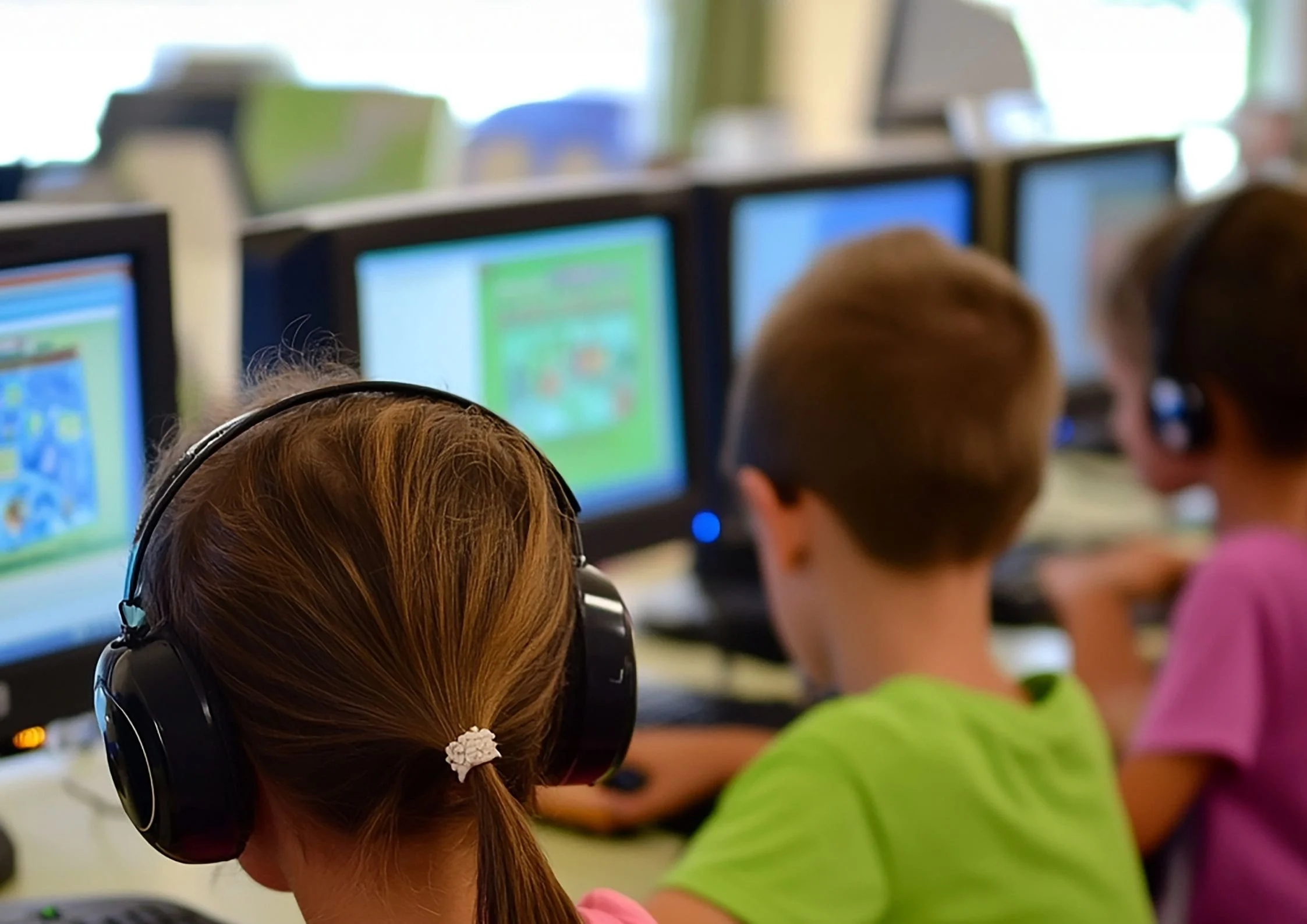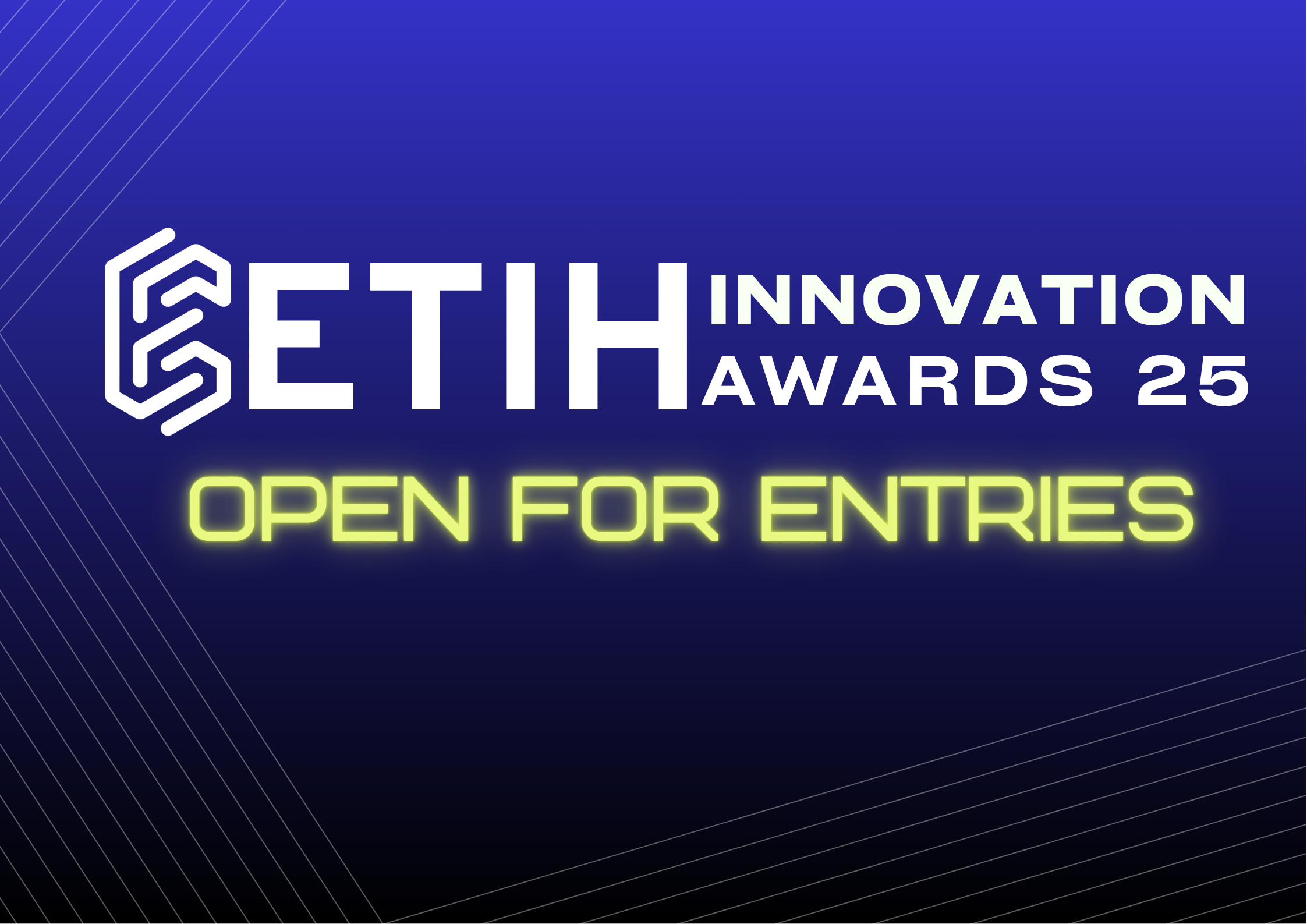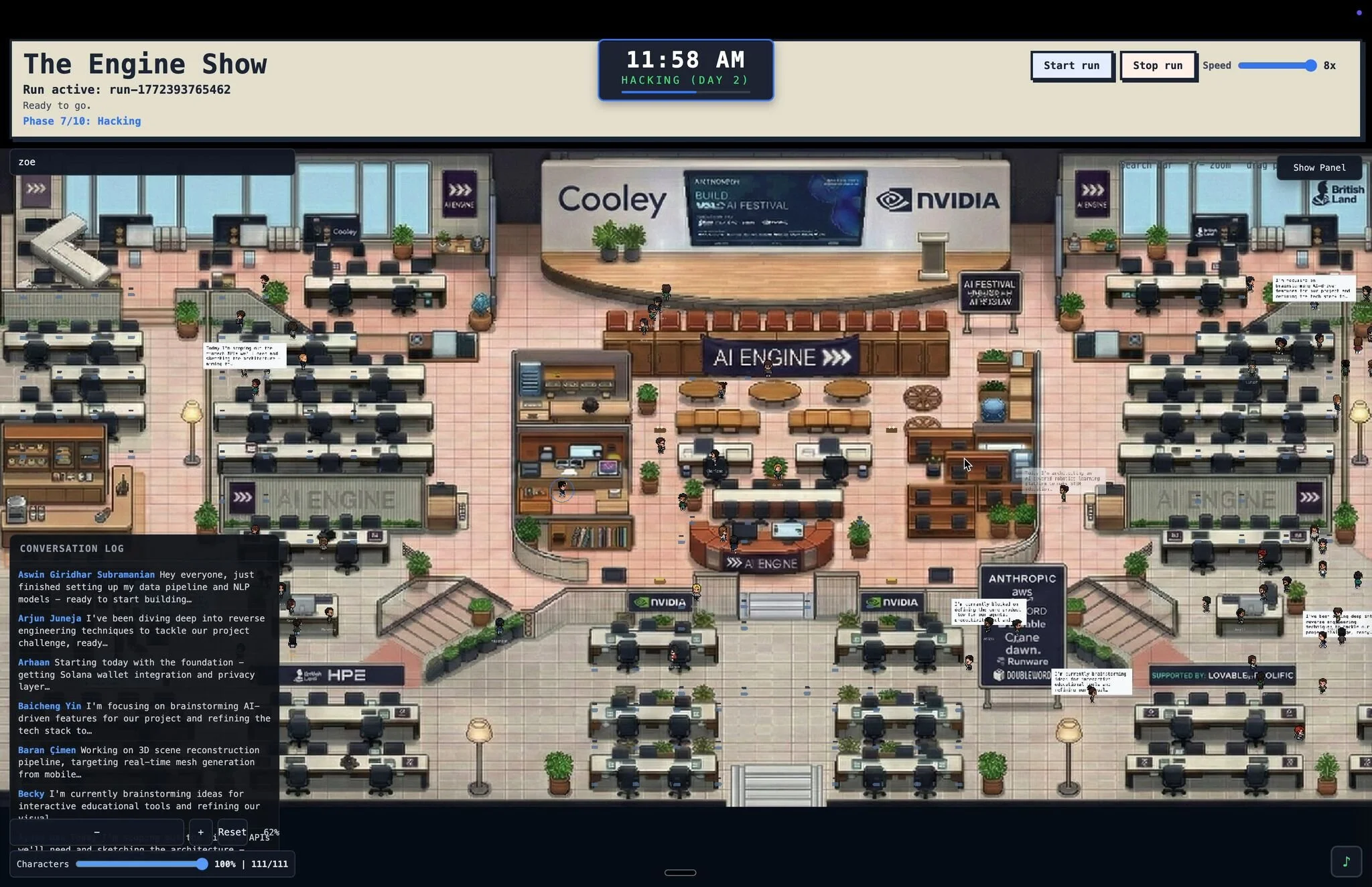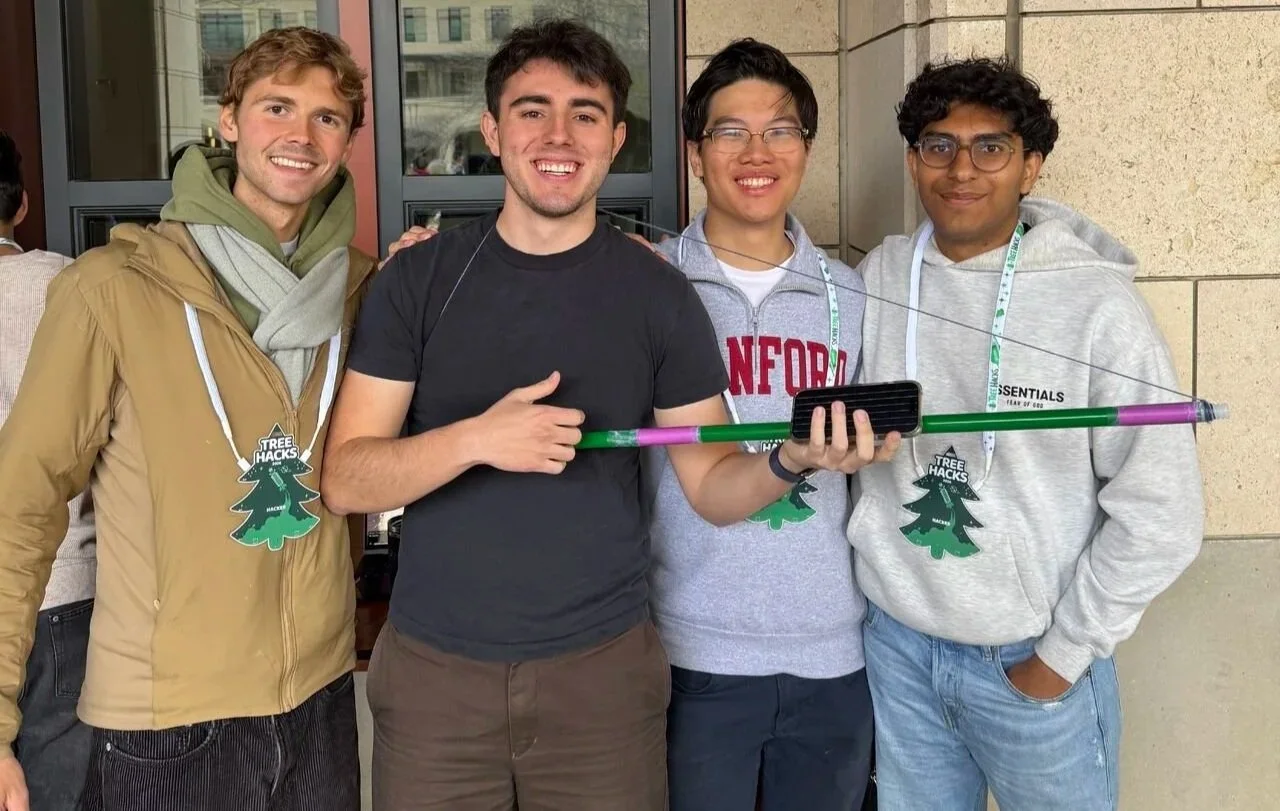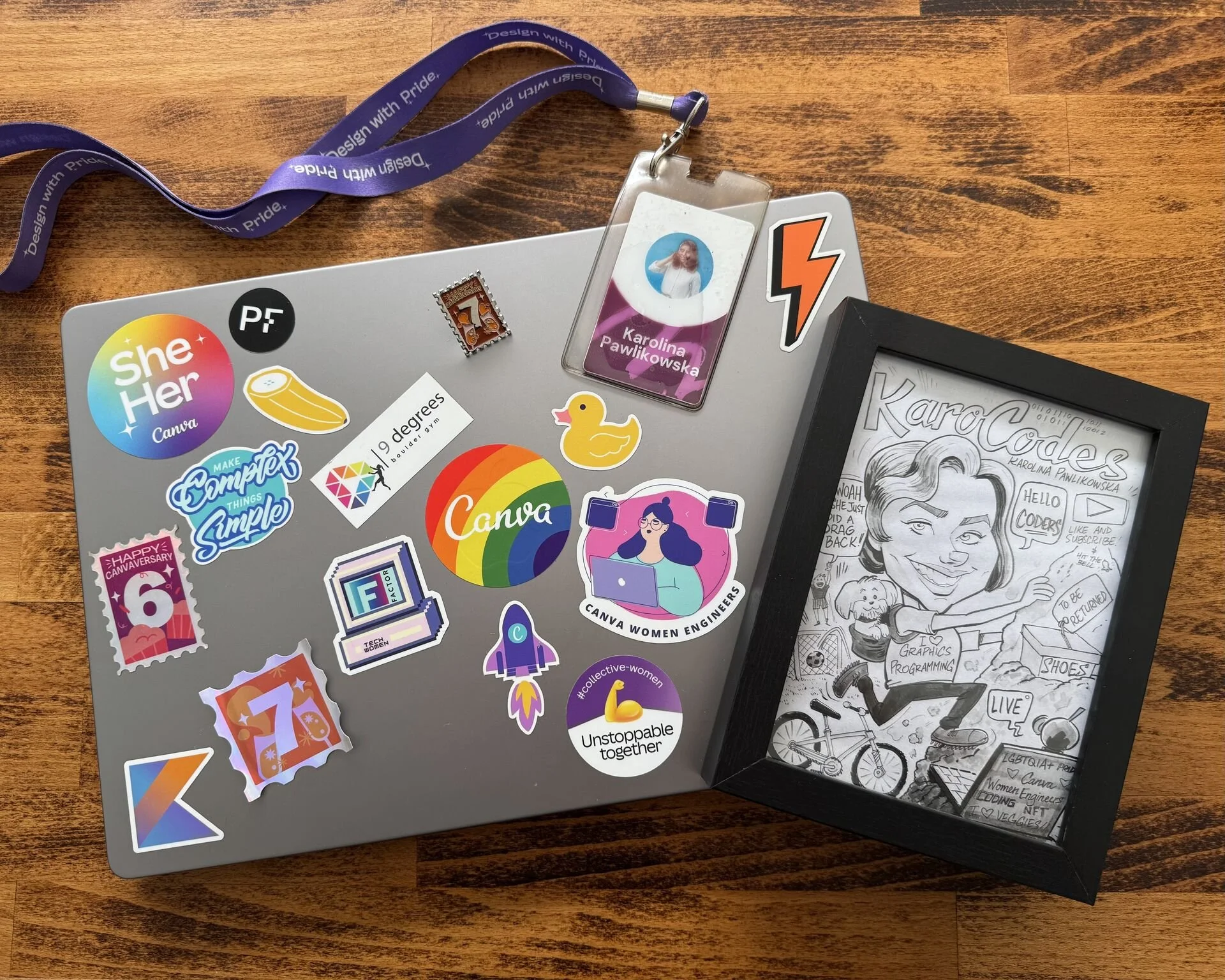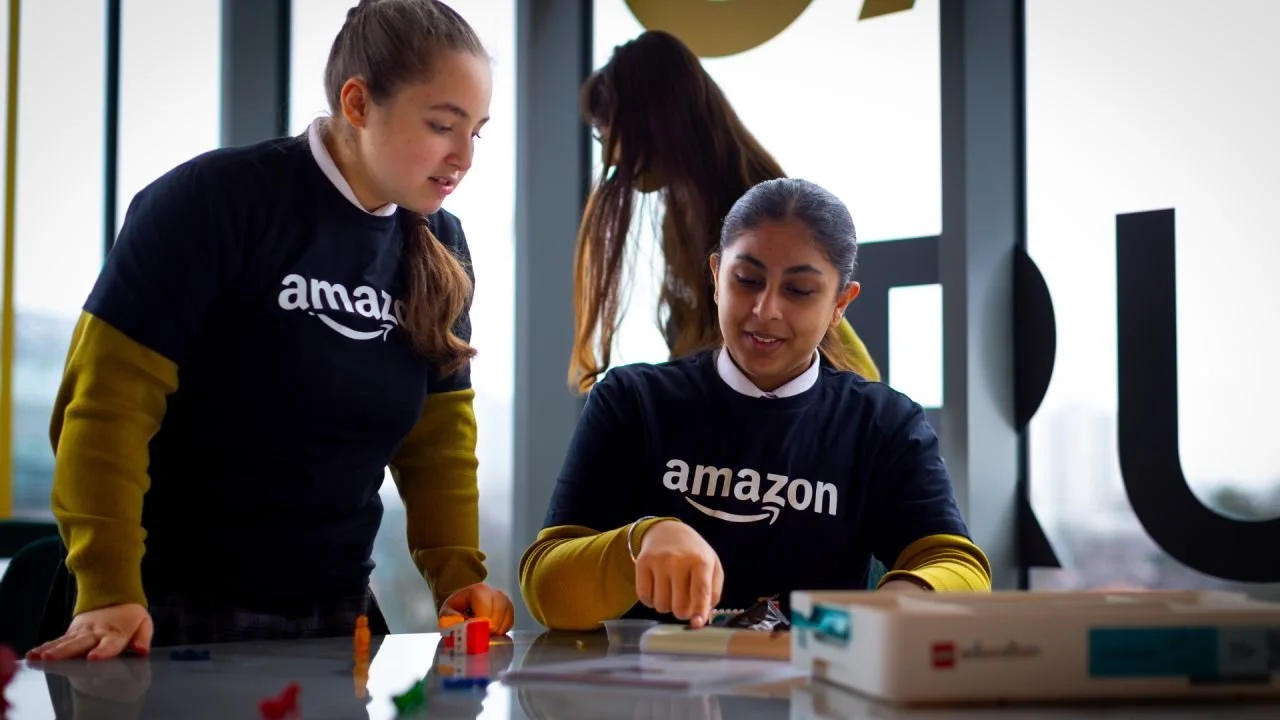Secondary schools lose an estimated 200 days of teaching time each year due to poor tech, new report finds
ASUS surveyed 913 secondary school teachers about the issues they face in classrooms and found that 37 minutes are lost every week to dealing with slow computers, frozen screens and crashed systems.
For the average secondary school, this adds up to more than 1,334 hours of lost instruction time each year.
Many teachers reported using outdated equipment, with 41 percent of devices aged between six and ten years old. Some schools continue to use equipment that is over a decade old and two percent were using computers that were more than 15 years old.
More than half (55 percent) of the teachers surveyed said their school’s computers regularly take more than five minutes to start up, and the same percentage say their computer crashes or freezes at least once a week.
Lost learning hours
A similar percentage (53 percent) said they cannot run multiple applications at the same time and 52 percent said they cannot play videos smoothly. Interactive whiteboards were found to fail regularly for 41 percent of teachers, with many having to scrap planned activities midway through a lesson.
Teachers said failing technology can lead to slower paced lessons, reduced student engagement and restricted learning methods. Almost half (46 percent) of teachers say their school’s IT has a negative impact on staff retention.
Called Beyond the Frozen Screen, the report suggests that teachers are looking for practical features and would prioritise good user experience (54 percent), easy support (52 percent) and longer battery life (41 percent) over cutting-edge technology.
Nick Mitchinson, Commercial Marketing Lead at ASUS, says: “Reliable technology is no longer a luxury but a necessity for effective teaching. As one teacher recently told me, ‘Planning lessons around potential technical failures means my students miss out on enhanced learning experiences I’d like to use, simply because the technology cannot be trusted to work when it’s needed’.
“Schools that continue to patch up old systems may find the real cost lies not in their IT budgets, but in the quality of education their teachers are able to deliver.”
The ETIH Innovation Awards 2026
The EdTech Innovation Hub Awards celebrate excellence in global education technology, with a particular focus on workforce development, AI integration, and innovative learning solutions across all stages of education.
Now open for entries, the ETIH Innovation Awards 2026 recognize the companies, platforms, and individuals driving transformation in the sector, from AI-driven assessment tools and personalized learning systems, to upskilling solutions and digital platforms that connect learners with real-world outcomes.
Submissions are open to organizations across the UK, the Americas, and internationally. Entries should highlight measurable impact, whether in K–12 classrooms, higher education institutions, or lifelong learning settings.
Winners will be announced on 14 January 2026 as part of an online showcase featuring expert commentary on emerging trends and standout innovation. All winners and finalists will also be featured in our first print magazine, to be distributed at BETT 2026.
To explore categories and submit your entry, visit the ETIH Innovation Awards hub.

